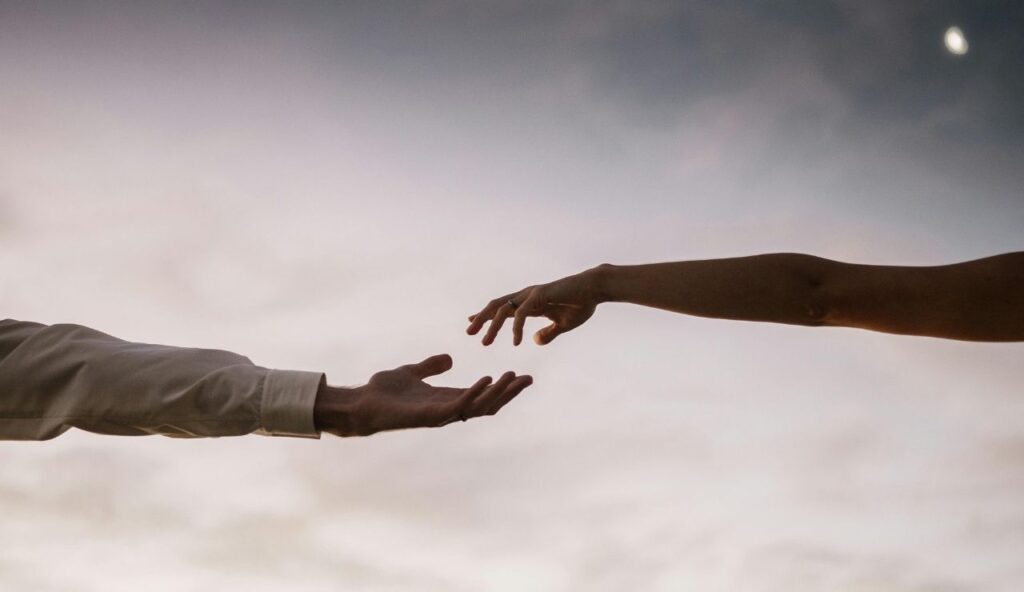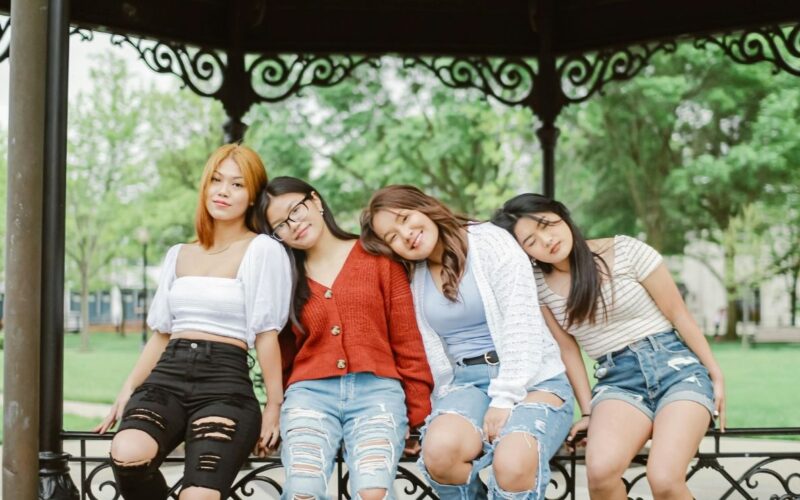Friendships in the ’90s felt different. There were fewer distractions, fewer filters, and more face-to-face moments that built trust over time. Without endless notifications or online status updates, people had to be fully present. Friends showed up, listened closely, and made memories without needing to post them. There’s a lot today’s teens can learn from how connections used to grow back then.
1. They Made Plans and Stuck to Them

In the ’90s, there were no last-minute cancellations by text. If you made plans, you showed up. Flaking wasn’t easy when calling someone meant dialing a landline and maybe speaking to their parents. Friendships relied on follow-through. That kind of reliability built trust over time. Today’s ease of canceling plans can weaken bonds that used to form through showing up no matter what.
2. Hanging Out Meant Being Fully Present

When ’90s friends spent time together, they weren’t distracted by phones or scrolling feeds. The moment was everything. Whether they were watching a movie or just talking on the porch, their attention stayed on each other. No one paused to check notifications. That kind of presence made people feel valued, something harder to find when screens are always just an arm’s length away.
3. Conversations Happened Face to Face

In the ’90s, serious talks didn’t happen through emojis or dry texts. If something mattered, you said it in person or over the phone where tone and emotion came through clearly. Misunderstandings were easier to avoid when you could see or hear someone’s reaction. Face-to-face communication helped build stronger emotional bonds that didn’t rely on typing speed or perfectly crafted replies.
4. Inside Jokes Stayed Between Friends

Before screenshots and viral trends, inside jokes belonged to the people who created them. Friends could be weird, silly, or dramatic without worrying about it being shared online. Those private laughs made the bond stronger. It wasn’t about getting likes or going viral. It was about building a language only your group understood, and that kind of closeness doesn’t need a digital trail.
5. Friendships Weren’t Measured by Posts

In the ’90s, no one posted photos to prove they had a good time. You didn’t need to tag someone to show they mattered. Friendships were based on how people made you feel, not how often you appeared in each other’s feed. Without the pressure to curate moments for an audience, bonds formed naturally. What mattered most was the connection, not the documentation.
6. Trust Was Built Slowly, Not Scrolled

Back then, you got to know someone over time. There were no profiles to stalk or stories to judge from afar. Trust came from shared experiences, not online personas. You couldn’t just follow someone’s highlight reel and feel close. Real friendship grew through effort, honesty, and consistency. It took more time, but it often led to deeper, lasting connections that didn’t fade with a scroll.
7. Apologies Felt More Personal

When things went wrong in the ’90s, making it right meant a real conversation. You couldn’t just send a quick “my bad” text and move on. Apologies often happened face to face or through a heartfelt phone call. That personal effort carried more weight. It showed you truly cared about the friendship and were willing to fix it, not just smooth things over quickly.
8. Letters and Notes Meant Everything

Before DMs and snaps, friends wrote actual notes. Whether it was a folded letter passed in class or a birthday card covered in doodles, those little things felt special. You kept them in shoeboxes, not archives. Writing something by hand took time and thought, which made every message feel more meaningful. It was a way to say, “You matter,” without needing a like button.
9. Time Together Wasn’t Interrupted

In the ’90s, hanging out wasn’t filled with constant pings or screen checking. You didn’t pause a story because someone got a text. Moments flowed without interruption, making conversations deeper and laughs louder. Friends gave each other their full attention. Without the distraction of notifications, people felt seen and heard. That kind of focus is rare now but still powerful when it happens.
10. Every Friendship Felt Earned

Friendship didn’t happen with a follow or a click. You had to spend time together, share things, and earn trust through real effort. There were no algorithms suggesting who to talk to. You found friends by showing up, being there, and sticking around. That made each bond feel earned, not automated. Relationships had more weight because they were built, not suggested.


